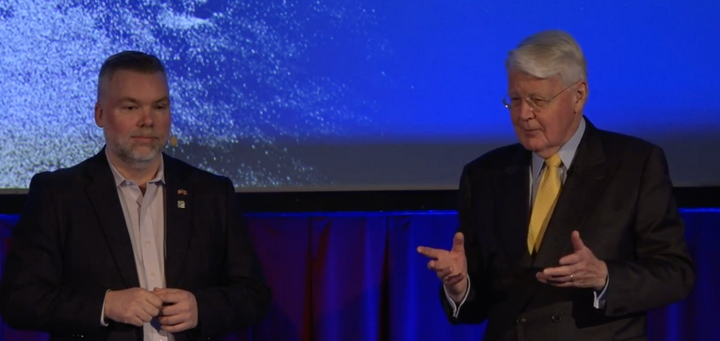Iceland has a tech-sector strategy problem
For the last 18 months, as I’ve been writing for Northstack, one thing has become clear. Iceland desperately needs a coherent strategy for its approach to the technology sector. The most recent plans and actions include a wishlist with lots of ideas but lacking strategy, and focused financial reform for startup companies. But I don’t see a long-term strategy, or focused attempts in moving Iceland in a particular direction. What is missing is an analysis of the challenges Iceland faces, a decision on where to steer the country, and a plan that makes sense.
One big challenge, or a symptom of a challenge, is brain drain. That includes individuals deciding where to lead their professional lives and companies deciding to build their operations elsewhere.
While this may sound overly pessimistic, I think it’s important. The world is getting smaller. Future generations will not let arbitrary concepts like borders or nations interfere with where they work and live. Due to it’s small size and location, Iceland might lack in big, exciting opportunities. That is, outside of servicing tourists, fisheries, and energy production, there needs to be a reason for the generations of the future to stay here. This sentiment is (somewhat) echoed in an interview with Hilmar Veigar (CEO of CCP) on Kjarninn:
The brain-drain is different now than before. Young, talented people are bolder than before. I see a lot of our smartest people going straight to work, for example at Google, rather than starting a company in Iceland. When I was young, that wasn’t an option, because there was no Google. Working at Microsoft or NASA was maybe a distant dream and there were maybe three Icelanders that went there. It’s completely different now and the multinational companies are so hungry for talent that they find them wherever in the world they are. And the talent looks for those companies as well.
I’ve witnessed this first hand through the winding down of QuizUp. People have asked themselves “Why should I stay in Iceland?” and there really is no clear answer.
For a long time, the lingering thought has been that Icelander’s always come back. They might go abroad to study or work for some time, but in the end, they want to come back. I’m not sure that will continue. There need to be opportunities for people to work at a global scale for Iceland to be competitive.
In the interview, Hilmar mentions how few companies have reached real scale in Iceland:
This means that we have two international companies in the technology sector that have turnover between $500-1000m. Those are Össur, founded 40 years ago, and Marel, founded 30 years ago. Then we have CCP, a 20 year old company, with around $100m yearly turnover, and Meniga and Nox Medical, both with around $10m in turnover. This might be good per capita, but it’s not groundbreaking.
While Hilmar forgot Tempo (on track for about $12-15m in revenue for 2016) he mentions a very important point. Number of successful companies in Iceland may be impressive per capita. But the global talent market doesn’t care about per capita.
As Hilmar mentions, Iceland has shown resourcefulness when it decides to do something. The national soccer team is a good example. In the case of technology, I think we need to do a similar thing. Officials need to analyse the situation and decide where to focus. Invest resources in making Iceland a great place for a specific technology. That doesn’t mean shun other types, it’s just a given that to create a competetive ecosystem we need to focus.
And I think we can do it. Singapore did it with biotech, Isreal did it with high-tech, Montreal is doing it with IT. We just need someone to pull the trigger and decide where to go.




